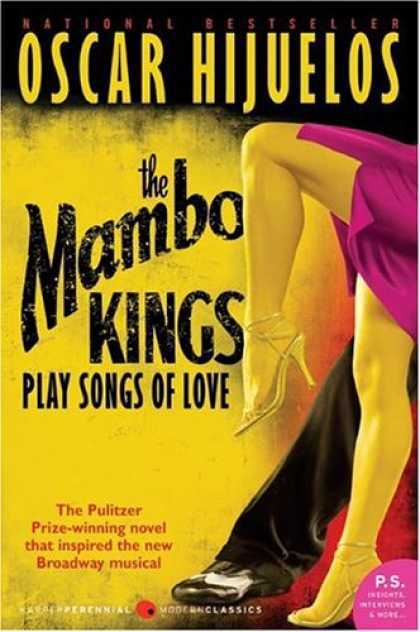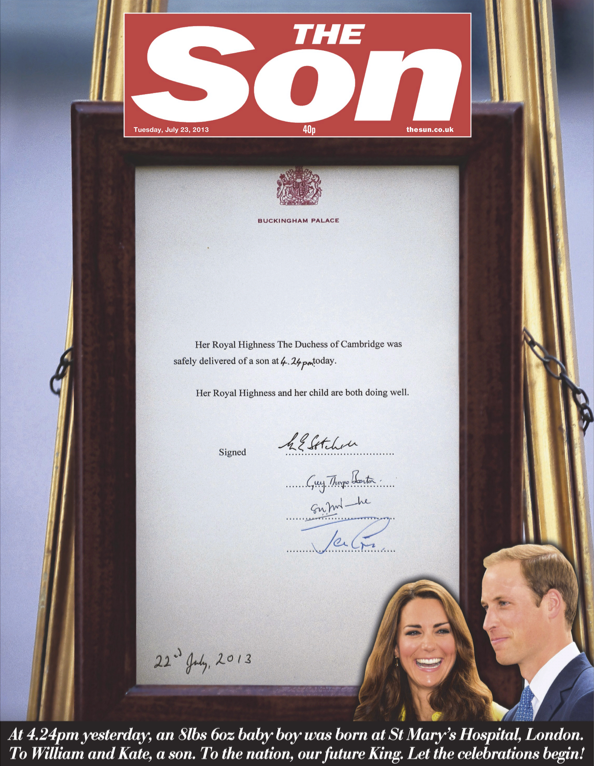Welcome to this week’s Language Blog Roundup, in which we bring you the highlights from our favorite language blogs and the latest in word news and culture.
We were saddened this week by the passing of Oscar Hijuelos, author of The Mambo Kings Play Songs of Love and Our House in the Last World. Hijuelos won the Pulitzer Prize in 1989 for The Mambo Kings, which was made into film starring Antonio Banderas and Armand Assante. Hijuelos was 62.
In happier news, the Nobel Prize in Literature was awarded to Alice Munro, a short-story writer and the first Canadian woman to win the prize.
Oxford Words gave us 20 wonderful words for wafflers and some Beltway buzzwords. At Lingua Franca, Allan Metcalf suggested Obamacare for word of the year; Geoffrey Pullum looked at zombie rules and The Guardian; and Anne Curzan discussed the surprisingly naughty origins of the idiom old hat.
At Language Log, Mark Liberman examined a new non-projective flavor at Starbucks and tried to figure out what Justice Scalia meant when he said “words have meaning” and “their meaning doesn’t change,” while Victor Mair examined the unfortunately named new mascot of Fukushima Industries Corporation.
At Macmillan Dictionary blog, Liz Potter revealed the stories behind kith and kin; Jonathan Marks explored the roots (and routes) of curr- and curs–; and Stan Carey got with spelling program (or is it programme?). On his own blog, Stan added his thoughts about plus usage.
Salon discussed five ways Noah Webster Americanized the English language. Ben Zimmer spoke with the Chicago Manual of Style about “the transformation and technologization of language,” and at Slate traced the history of the grawlix. Meanwhile, also at Slate, Mike Vuolo looked back at how long we’ve been verbing our body parts off, and Neal Whitman parsed the dickhead compound.
At The Wall Street Journal, Elizabeth Bernstein told us what saying I says about us. Mark Allen examined contractions, y’all. James Harbeck sounded off on the names of animals and wondered about the point of baby talk.
Arika Okrent celebrated Hangul, the Korean writing system and “world’s greatest alphabet,” and wrote an open letter to Sufjan Stevens about his open letter to Miley Cyrus correcting her grammar.
Fritinancy, professional namer, delved into the five types of names, from generic to fanciful, and for words of the week, selected whisper listing, “an off-market real-estate deal marketed through word of mouth alone,” and slow-rolling, “delaying a response, postponing an action, or obstructing a process” (not to be confused with rickrolling).
Word Spy spotted poopetrator, “a person who defecates in a public place”; phoneur, “a person, especially a pedestrian, who interacts with or engages the world mostly through a mobile phone”; malprescription, “the dangerous, mistaken, or unethical prescription of a drug or other remedy”; and Borg complex, “the belief that a particular kind of technological progress or the universal adoption of a specific technology product is inevitable and that to resist it is therefore futile.”
As always Mental Floss had lots of listicle goodness with 10 old English (not Old English) words we should be using; 12 really forced portmanteaux; and 12 things made collectible due to spelling errors. Mental Floss also had an exclusive interview with Bill Watterson, the creator of Calvin & Hobbes.
BuzzFeed gave us flashbacks with these books that traumatized us as kids while Flavorwire scared us with the 50 scariest books of all time. Meanwhile, at The Weeklings Greg Olear rounded up the 50 greatest character names in literature.
We learned that the great library of Alexandria was destroyed not by fire but budget cuts; how Tom Clancy changed video games; and about the beastly best friends of literary greats.
We love this literary map of the Bay Area and this amazing one of all the languages and races of South Africa. We’re excited that Jason Bateman will be directing and starring in a movie about an adult obsessed with winning a pre-teen spelling bee.
We agree with Mighty Red Pen that this typo is of “bqhatevwr proportions,” but we’re not sure how to feel about the newest holiday portmanteau, Thanksgivukkah.
That’s it for this week!



![Hoyt's German Cologne perfumed with fragrant & lasting [front]](http://farm6.staticflickr.com/5483/9511082196_d13e4bc21e.jpg)


